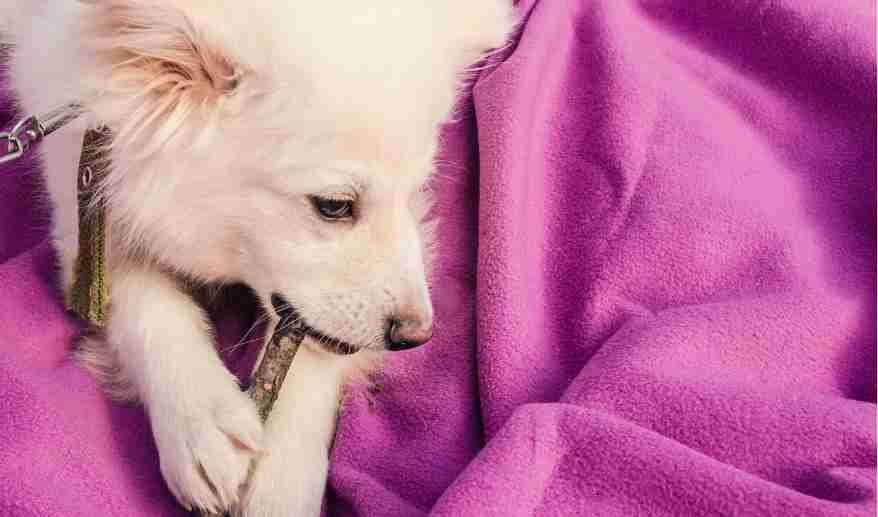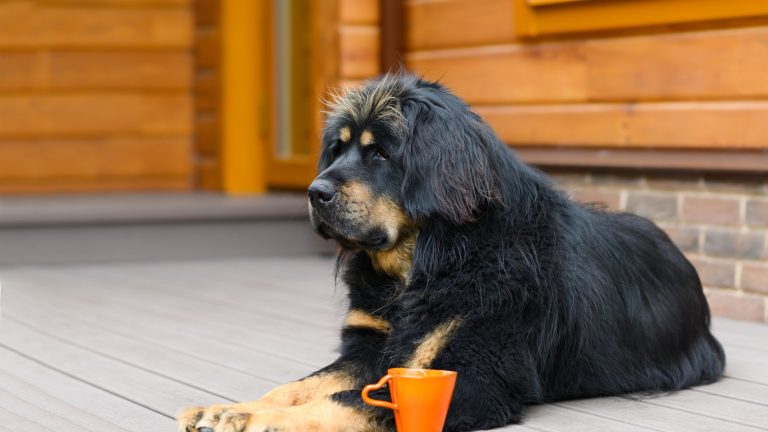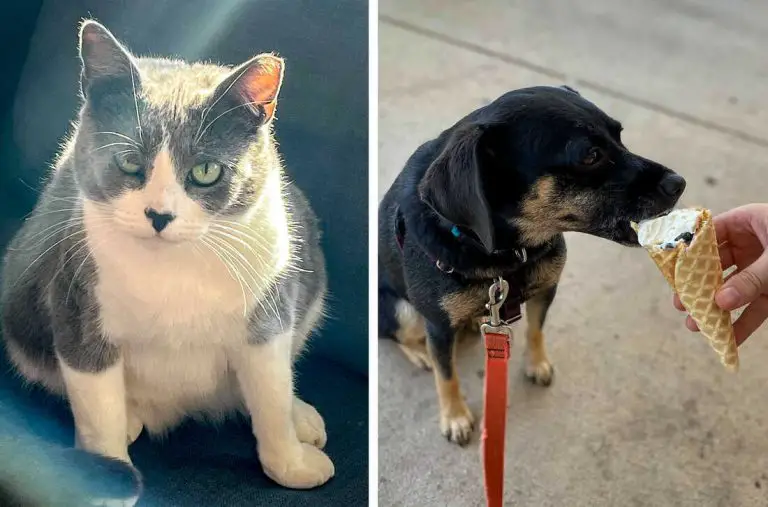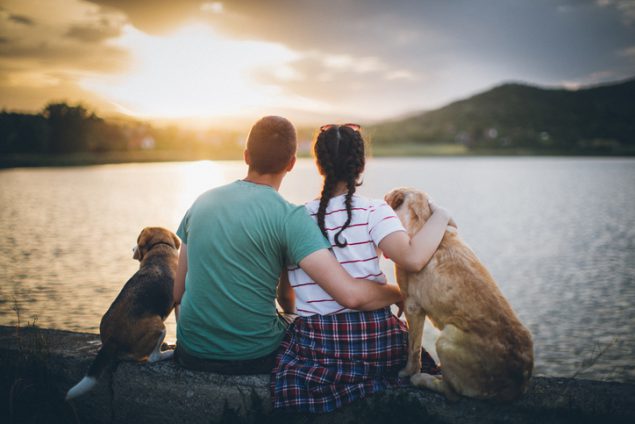Why Do Dogs Nibble?
Dogs are adorable creatures and make wonderful pets. They are playful and inquisitive, but one of their common traits that can be both endearing and annoying is their tendency to nibble. Dogs are notorious for nibbling on various objects, including toys, shoes, furniture, and even their owners. While nibbling is generally harmless, it can sometimes be a sign of underlying behavioral issues. In this article, we will explore the reasons why dogs nibble and what you can do about it.
Exploring the Different Types of Nibbling
Nibbling is a broad term that encompasses a range of behaviors. Some dogs nibble as a way of exploring their environment, while others nibble as a form of self-grooming or play. The most common types of nibbling include:
- Exploratory Nibbling
Dogs are naturally curious creatures and like to explore their surroundings. Exploratory nibbling is a way for dogs to investigate and learn about new things.
- Teething Nibbling
Puppies go through a teething phase where their teeth are developing and growing. To alleviate the discomfort and pain, they may nibble on things to soothe their gums.
- Grooming Nibbling
Dogs may nibble on their own fur or the fur of other animals as a way to groom themselves.
Play Nibbling: Dogs love to play and may nibble on objects or people during playtime.
The Reasons Behind Nibbling Behavior
There are many reasons why dogs nibble. Some of the most common reasons include:
- Teething
Puppies go through a teething phase where their teeth are developing and growing. During this time, they may experience discomfort and pain in their gums, which can lead to them nibbling on objects to alleviate the discomfort.
- Boredom
Bored dogs may nibble on objects to alleviate their boredom. This is especially common in dogs that are left alone for long periods or that don’t receive enough mental and physical stimulation.
- Anxiety
Dogs that suffer from anxiety may nibble as a coping mechanism. This can include separation anxiety, social anxiety, or generalized anxiety.
- Lack of stimulation
Dogs that are not mentally or physically stimulated may nibble on objects as a way to entertain themselves. This can be especially true for high-energy breeds that require a lot of exercises and mental stimulation.
- Attention-seeking
Some dogs may nibble on their owners to get attention. This can be a learned behavior that is reinforced by owners who give in and give the dog attention when they nibble.
It’s important to note that some dogs may exhibit more than one of these behaviors, and the reasons for nibbling can vary from dog to dog. Understanding why your dog is nibbling can help you address the behavior and find appropriate solutions to keep your dog happy and healthy.
Behavioral Issues and Nibbling
While nibbling is usually harmless, it can sometimes be a sign of underlying behavioral issues. For example, some dogs may exhibit aggressive nibbling behavior, which can be a sign of a more serious behavioral issue that requires professional intervention.
Other dogs may nibble excessively due to separation anxiety, fear, or stress. If your dog’s nibbling behavior is causing problems or seems out of control, it’s essential to consult a professional behaviorist.
Addressing Nibbling Behavior

If your dog’s nibbling behavior is causing problems, there are several strategies you can use to address it. Some of the most effective strategies include:
- Redirecting
Teach your dog to nibble on appropriate objects by redirecting them when they try to nibble on inappropriate objects.
- Providing Appropriate Toys
Provide your dog with plenty of toys and chewable items to nibble on.
- Positive Reinforcement
Use positive reinforcement to reward good behavior, such as when your dog nibbles on appropriate objects.
Should I let my dog nibble me?
While nibbling can be a natural behavior in dogs, it’s generally not recommended to let your dog nibble on you. Even if your dog is nibbling gently, allowing them to nibble on you can reinforce the behavior and encourage them to nibble on other people or objects, which can become a problem.
Nibbling can also lead to accidental bites, especially if the nibbling turns into more aggressive behavior. Additionally, if your dog is nibbling on you as a form of attention-seeking behavior, allowing them to continue can reinforce this behavior and lead to other unwanted behaviors.
Instead, it’s recommended to redirect your dog’s nibbling behavior to appropriate toys or chewable items. This will help reinforce good behavior and discourage inappropriate nibbling behavior.
Why does my dog follow me everywhere?
Dogs are social animals that often form strong attachments to their owners. They may follow you everywhere as a way to maintain the social bond they have with you and to feel close to you. Additionally, dogs have a strong instinct to protect their owners and may follow you everywhere as a way to keep an eye on you and protect you from potential threats.
In some cases, dogs may also suffer from separation anxiety or health issues, which can cause them to follow their owners everywhere. On the other hand, some dogs may follow their owners as a way to seek attention and affection.
It’s important to note that there can be multiple reasons why your dog is following you everywhere, and it’s always a good idea to consult with a veterinarian or a professional dog behaviorist if you’re concerned about your dog’s behavior.
They can help identify the underlying cause of the behavior and develop an appropriate training plan to address it.
Conclusion
Dogs nibble for various reasons, ranging from teething to boredom and anxiety. Nibbling is generally harmless, but it can sometimes be a sign of underlying behavioral issues. It’s important to understand why your dog is nibbling and address any underlying issues that may be causing the behavior. With the right training and positive reinforcement, you can help your dog overcome their nibbling habits and become a well-behaved pet.







